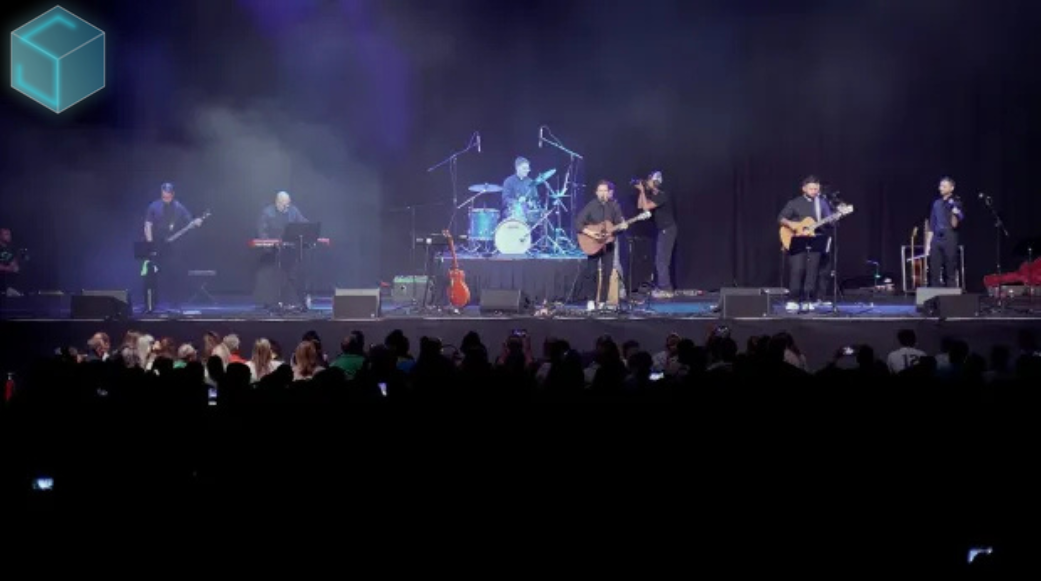
August 20, 2025
Imagine six Catholic priests performing at a sold-out Houston show instead of a well-known pop star. Their band's performance combined messages of prayer, celibacy, and faith with elements of rock...
Read more.png)
August 20, 2025
Nostalgia, Mother Mother’s latest album, is one of those rare creations. It invites us into a world where lightness isn’t escapism—it’s a form of resistance, a beacon of hope, and a path forward....
Read more
August 19, 2025
When Anna of the North released “Lovers” in 2017, it was already a dreamy synth-pop gem, filled with wistful vocals and lush production that captured the ache of young romance. But it wasn’t until...
Read more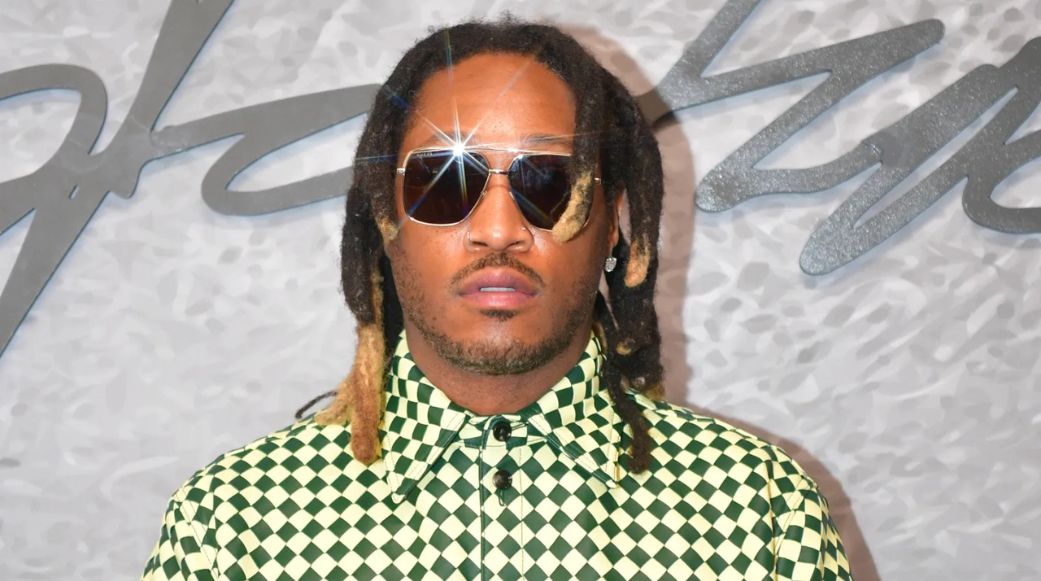
August 19, 2025
“Let Me Know” ft. Future started out as a moody, late-night playlist type of track, the kind you blast in your car pretending you’re in a music video while stuck in traffic. But now? It’s become...
Read more
August 19, 2025
“Your Idol” stands out in Kpop Demon Hunters not just as a catchy track, but as one of the most self-aware songs in the whole project. At first listen, it has all the hallmarks of a classic K-pop...
Read more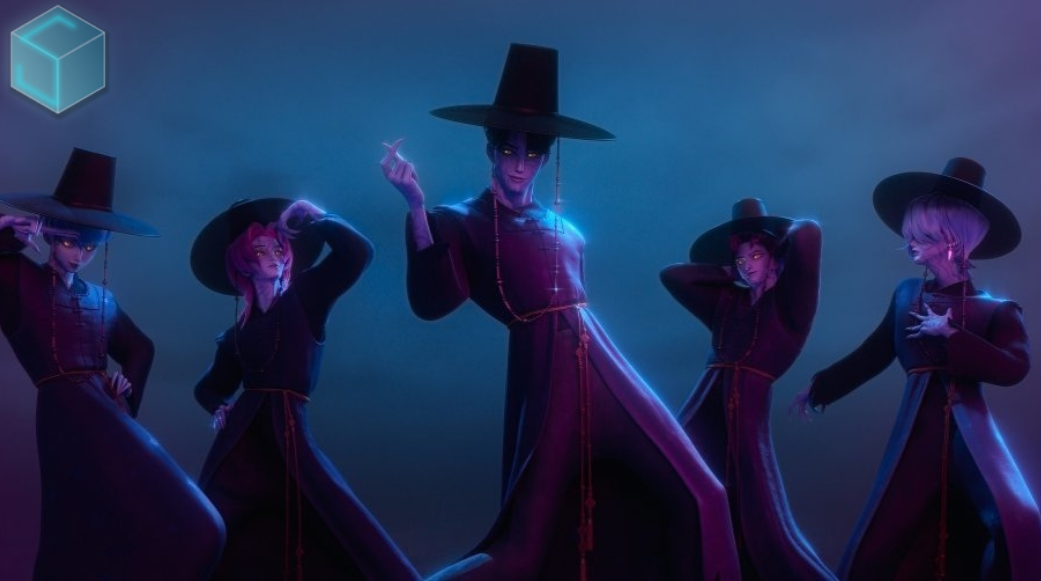
August 19, 2025
If you’ve scrolled TikTok, Insta, or literally any corner of the internet in the past few weeks, you’ve probably heard it: the fizzy, feel-good bop known as “Soda Pop” by the Saja Boys. Straight...
Read more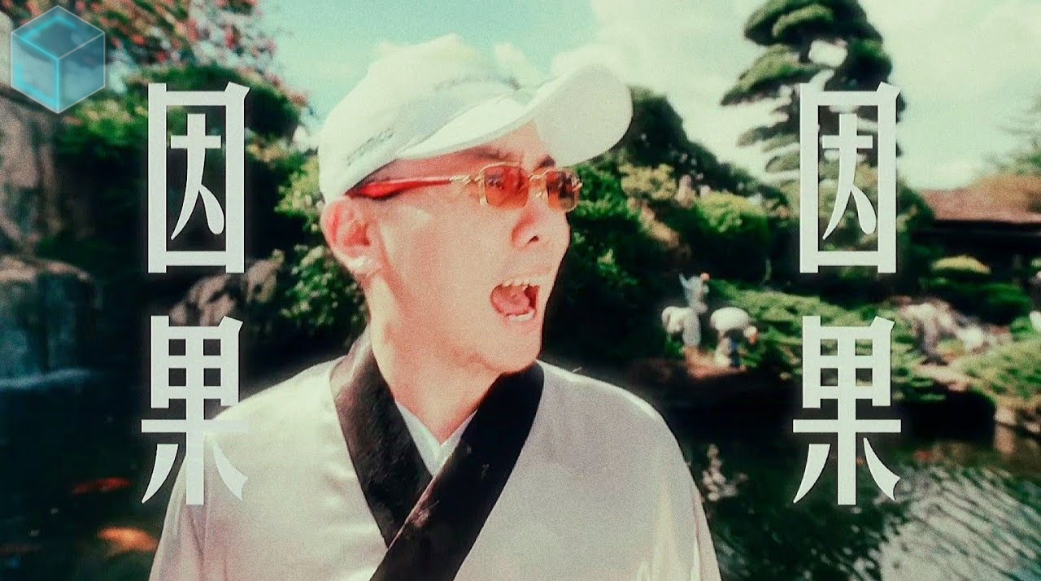
August 19, 2025
Skai Is Yourgod didn’t just drop a song, he dropped a cultural grenade. His track “Stacks From All Sides” has taken TikTok by storm, and the secret sauce? A cheeky little sample from Beetle on...
Read more
August 19, 2025
After 70 weeks at No. 1 with “Too Sweet,” Hozier’s reign on Billboard’s Hot Rock Songs chart comes to an end as newcomer Sombr takes over with...
Read more
August 19, 2025
Charli XCX brought her groundbreaking Brat era to a poignant close Friday night during an electrifying performance at South Korea's One Universe Festival. The pop innovator marked the final...
Read more
August 19, 2025
Taylor Swift’s appearance on Travis and Jason Kelce’s New Heights podcast drew 1.3M live viewers, breaking YouTube records and sparking buzz with details about her new album The Life of a...
Read more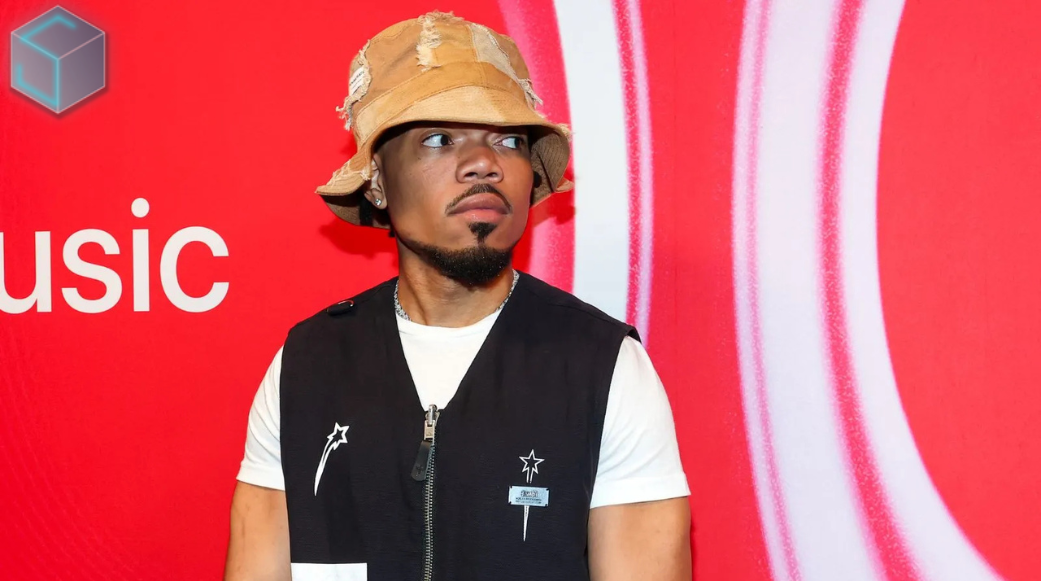
August 19, 2025
After a six-year silence, Chance the Rapper is officially back. On August 15, 2025, he will drop his sophomore album, Star Line, marking a new chapter filled with growth, travel, and creative...
Read more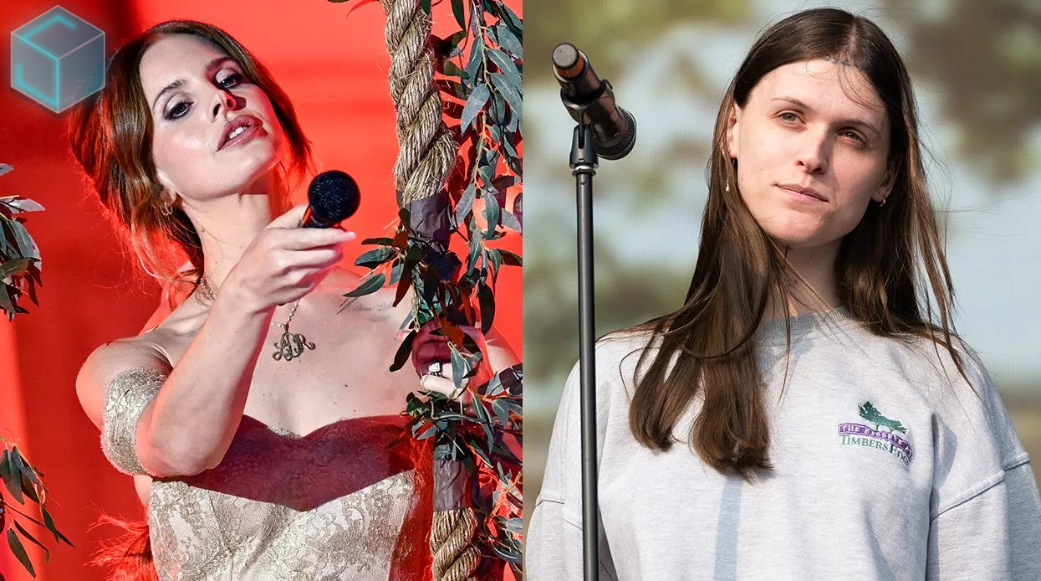
August 19, 2025
Lana Del Rey’s new song takes aim at Ethel Cain, referencing an alleged personal rift involving Instagram posts, a mutual ex, and behind-the-scenes remarks...
Read more
Tracy Chapman's "Fast Car" is not just a song; it's a cultural phenomenon that transcends its initial release. Its ascent to global acclaim was catalyzed by a pivotal moment: Chapman's performance at the Nelson Mandela 70th Birthday Tribute concert on June 11, 1988. This event propelled "Fast Car" up the US charts, where it peaked at Number 6 on the Billboard Hot 100 for the week ending August 27, 1988. Despite its immense popularity in the USA, "Fast Car" had a distinct reception worldwide. For instance, in France, it did not enjoy the same radio airplay, possibly due to cultural differences in thematic resonance. However, it won the "Best Pop Vocal Performance Female" at the 1989 Grammy Awards and was a contender for Song of the Year.
Chapman's insights into the song reveal a deep connection between her personal experiences and the narrative within "Fast Car." Speaking on BBC radio in 2010, Chapman shared that while "Fast Car" played a significant role in shaping her debut record and public perception, it wasn't autobiographical, and describes the exact moment when the words flowed out of her mouth:
''I definitely felt the emotionality of the song that there were something… You never know how other people are going to respond to it and this is not that relevant but one thing I remember about writing the song that it was late in the evening and at the time I had a small dog, a Miniature Dachshund, and the dog was staying up with me. She didn’t always stay up if I stayed up late, I think she was sitting on the couch right next to me, when I first started writing the music and the first few lyrics, I think the first part of the song that came to me was the first line “You’ve got a fast car…” I just feel that I remember in a way that she seemed to be more procked up than usual. So I don’t know if she felt my energy or if she was just not as tired as she normally was but it was kind of funny to have her there for the process of the beginning of writing that song...''
Interestingly, Chapman later realized that "Fast Car" might have been unconsciously inspired by her parents' story — young and hopeful, they faced the harsh realities of building a life together with limited resources. This revelation adds layers of depth to the song, connecting Chapman's personal history with the universal themes of struggle, hope, and the pursuit of dreams.
“I believe that I wrote the song “Fast Car” in 1986. At the time that I wrote the song, I actually didn’t really know who I was writing about. Looking back at it, and this happens with other songs as well, that I feel like I understand it only later… I think that it was a song about my parents… And about how when they met each other they were very young and they wanted to start a news life together and my mother was anxious to leave home. My parents got married and went out into the world to try to make a place for themselves and it was very difficult going.
My mother didn’t have a high school diploma and my father was a few years older. It was hard for him to create the kind of life that he dreamed of… With the education that he had…. With the opportunities that were available to him… In a sense I think they came together thinking that together they would have a better chance at making it”
Chapman's reflections on "Fast Car" highlight the song's emotional resonance and its capacity to capture the essence of human experiences. From its inception, accompanied by the watchful eyes of a small dog, to its role in articulating the struggles and hopes of a generation, "Fast Car" stands as a monument to Chapman's storytelling prowess and the power of music to reflect and influence the fabric of society.